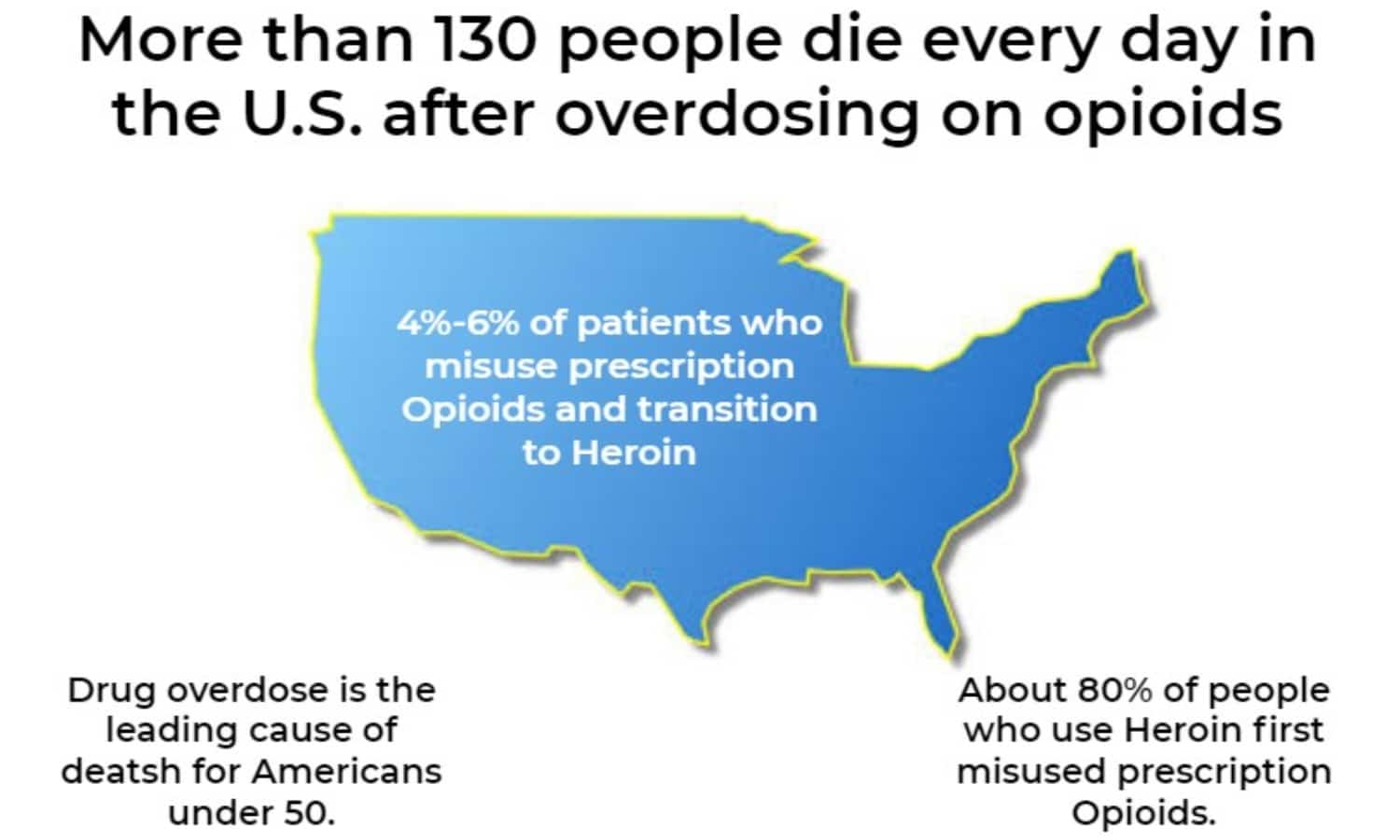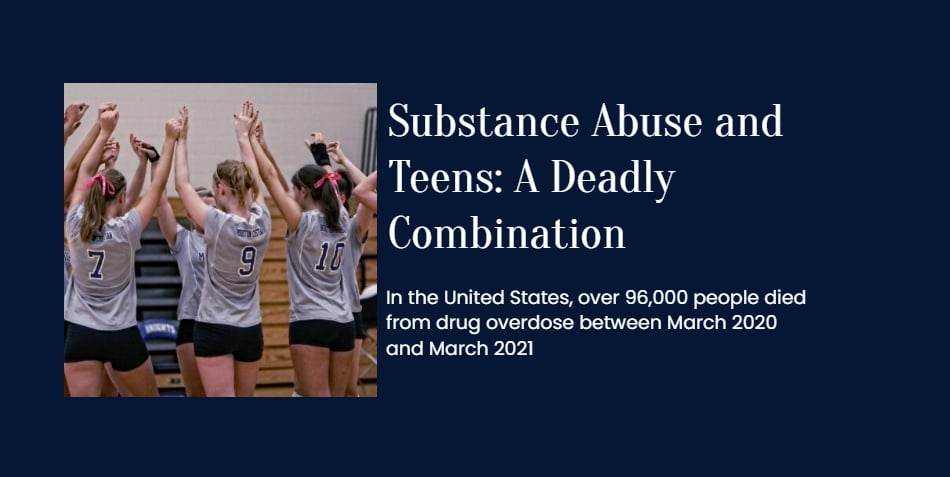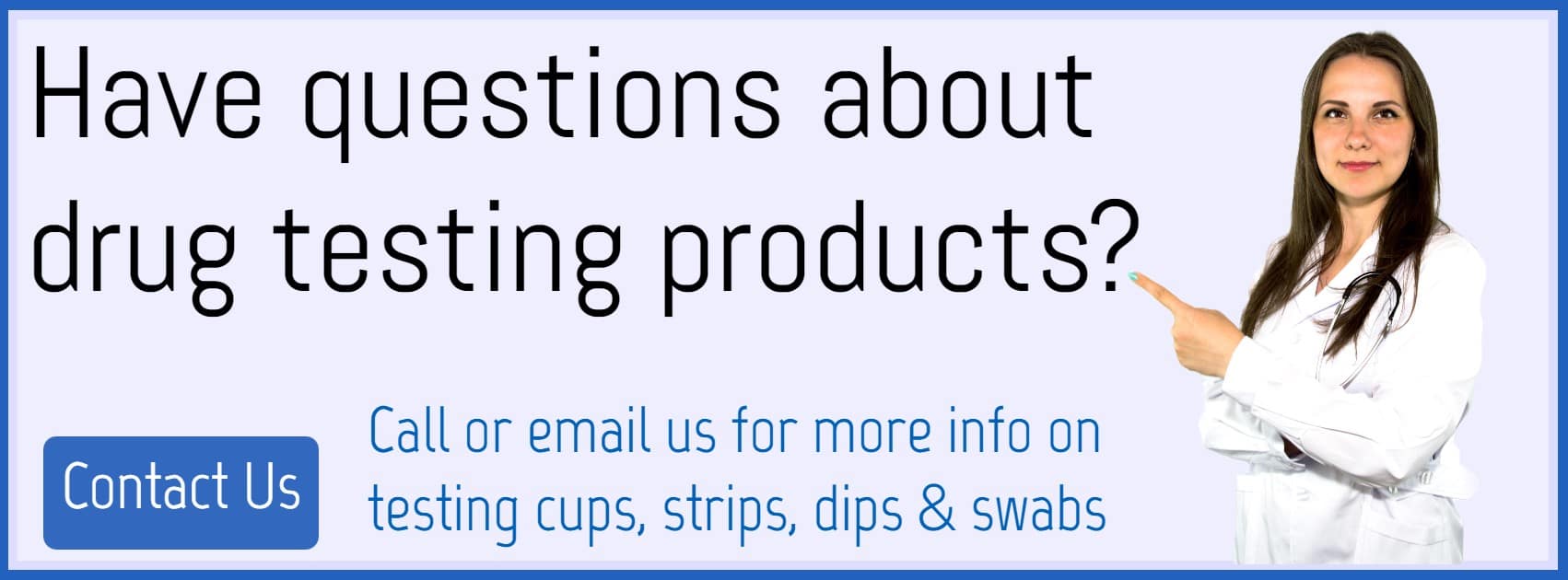Substance Abuse and Teens – Between March 2020 and March 2021, about 96,000 Americans perished from drug overdoses. Isn’t that concerning? The fact that this figure has only increased over the last ten years is even more alarming. Even worse, from 2019 to 2020, the number of overdose deaths nearly doubled.
Teenage substance abuse should never even mentioned in the same breath. Peer pressure and the ease of access to these substances, however, are the ideal combination for substance misuse to occur.
Teenage substance misuse can cause major physical, mental, and emotional issues if it not controlled. Through accurate diagnosis and knowing the medications you’re up against, it must stopped in its tracks.

Substance Abuse and Teens: Types of Drugs They Prefer
These are the types and examples of substances that teens commonly use:
Alcohol
- Alcohol is probably the most commonly abused substance. It’s readily available in stores everywhere, and even if minors aren’t allowed to purchase it, they still manage to find ways to buy them.
- A change in behavior and mood are the typical effects of using alcohol. It also messes with the user’s coordination, making them slower and unable to think clearly.
Marijuana
- Most young people who were misusing illegal substances preferred marijuana. However, since its legalization, usage has dropped, probably due to its accessibility and decriminalization.
- Marijuana can cause the user to feel euphoric or sleepy, depending on its strain.
Cocaine
- Cocaine is the second most used drug after marijuana. Cocaine’s effects short-lived but so powerful that the user will often look for its high as soon as it’s over, leading to addiction.
- It can cause the user’s senses to heighten and even trigger paranoia. Using it long-term can lead to a variety of diseases like lung disease.
Prescription Drugs
- Prescription drugs like oxycodone and Vicodin are commonly abused by teens. These pain killers often used in conjunction with substances like alcohol.
- Research shows that most teens find these drugs in their home medicine cabinets.
MDMA
- MDMA is a synthetic drug. It is commonly called ecstasy or molly and often taken with alcohol or marijuana.
- This synthetic drug alters one’s mood and awareness.
Hallucinogens
- Hallucinogens drugs like LSD (commonly known as acid) and magic mushrooms.
- These drugs cause the user to go on “trips” in which their reality becomes distorted.
Spice or K2
- Spice or K2 is often called “Synthetic marijuana,” despite it being nothing like marijuana. This is a highly addictive drug. Ever since its ingredients have been flagged as illegal by the government, the usage rate among teens has declined.
- This drug causes the user to experience confusion, hallucinations, vomiting, etc.
Over-the-counter substances
- Cold syrups are one of the most commonly abused substances, especially those that contain dextromethorphan (DXM) and promethazine-codeine.
- These syrups when taken above the recommended dosage can cause the user to feel relaxed and euphoric.
These regularly used medications must have prompted some alarm bells to go off in your head. When we learn on the news that a teen has passed away from a drug overdose, we frequently assume that this is because they regularly use these drugs. The reality is that there are other factors to consider besides drug use frequency, such as sincerity.
According to some accounts, fatal drug overdoses have happened as a result of teenagers obtaining drugs that laced with lethal concentrations of fentanyl. For instance, in Northern California, a heroin dealer who laced pills with fentanyl received an eight-year prison term. The fentanyl-laced pills caused two persons to overdose on drugs, and one of them passed away.
What’s worrying is that teens can access these substances easily because of their availability on the internet. There is a real fear that teens will find themselves on the wrong path because of this.
Make sure that your teens are safe by knowing these substances and having the right tools to detect them properly.
If you want to learn more about substance abuse and teens, click here.


